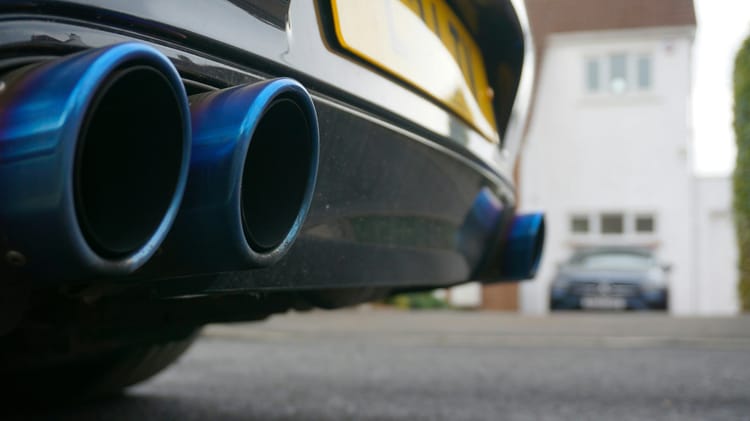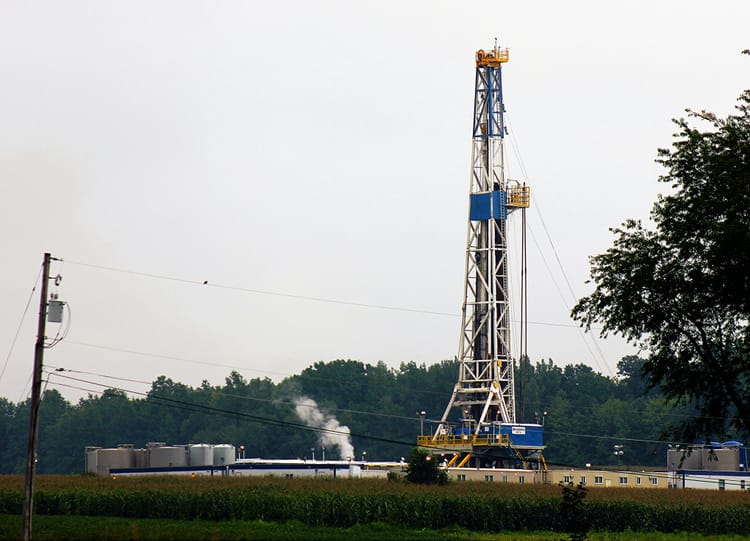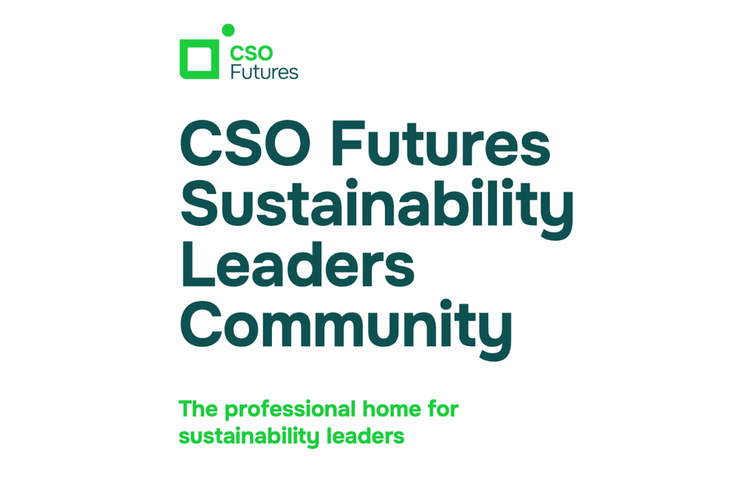2035 NDCs so far ‘make no difference’ to global warming outlook
The emissions gap to a 1.5°C future is expected to grow by 2 billion tonnes from 2030 to 2035.

New 2035 climate targets announced by countries ahead of COP30 are not expected to change the global warming outlook, which remains at 2.6°C, according to the Climate Action Tracker (CAT).
The ‘target gap’ between the Paris Agreement goal to limit the global temperature rise to 1.5°C and the impact of current policies is continuing to grow, with new nationally determined contributions (NDCs) for 2035 not expected to impact warming projections.







